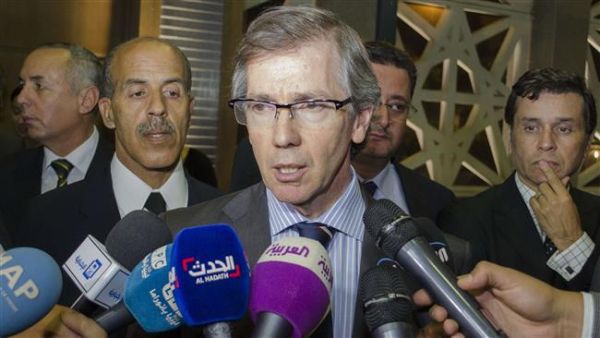The dispute in Libya has reached the doorstep of the United Nations, where the president of the Tobruk Government, Abdallah Althani, has announced his decision to end the duties of Libya's representative to the United Nations, Ibrahim Aldabashi, amid uncertainties surrounding the legality of this decision, as well as the possibility of it being enforced.
This decision is highly controversial politically and legally, as the United Nations only recognizes the Unity Government as the representative of the Libyan people.
Legally speaking, Abdullah Althani based his decision on legislation recorded in 2015.
In this context, observers see the decision to end the duties of Libya's representative to the United Nations as a direct response to the complaint brought up by Aldabashi a few days prior in regards to punishing an Indian tanker ship carrying fuel headed for Malta without permission of the Unity Government in Tripoli.
Another reason pointed out by Libyan media outlets is that the Tobruk Government was wary of the what was issued to the UN in the name of the Libyan representative against the institution of the army, led by Gen. Khalifa Hafir, presently preparing for a battle to liberate Serat from Daesh.
It is said that the the political field in Libya after the departure of the government of the Muslim Brotherhood under the leadership of Khalife Al-Ghaweel, split into two governments. The first is backed internationally and led by Fayez Alsaraj and based in Tripoli, the second is the Tabruk Government in Eastern Libya led by Abdallah Althani, and then gen. Khalifa Hafir.








